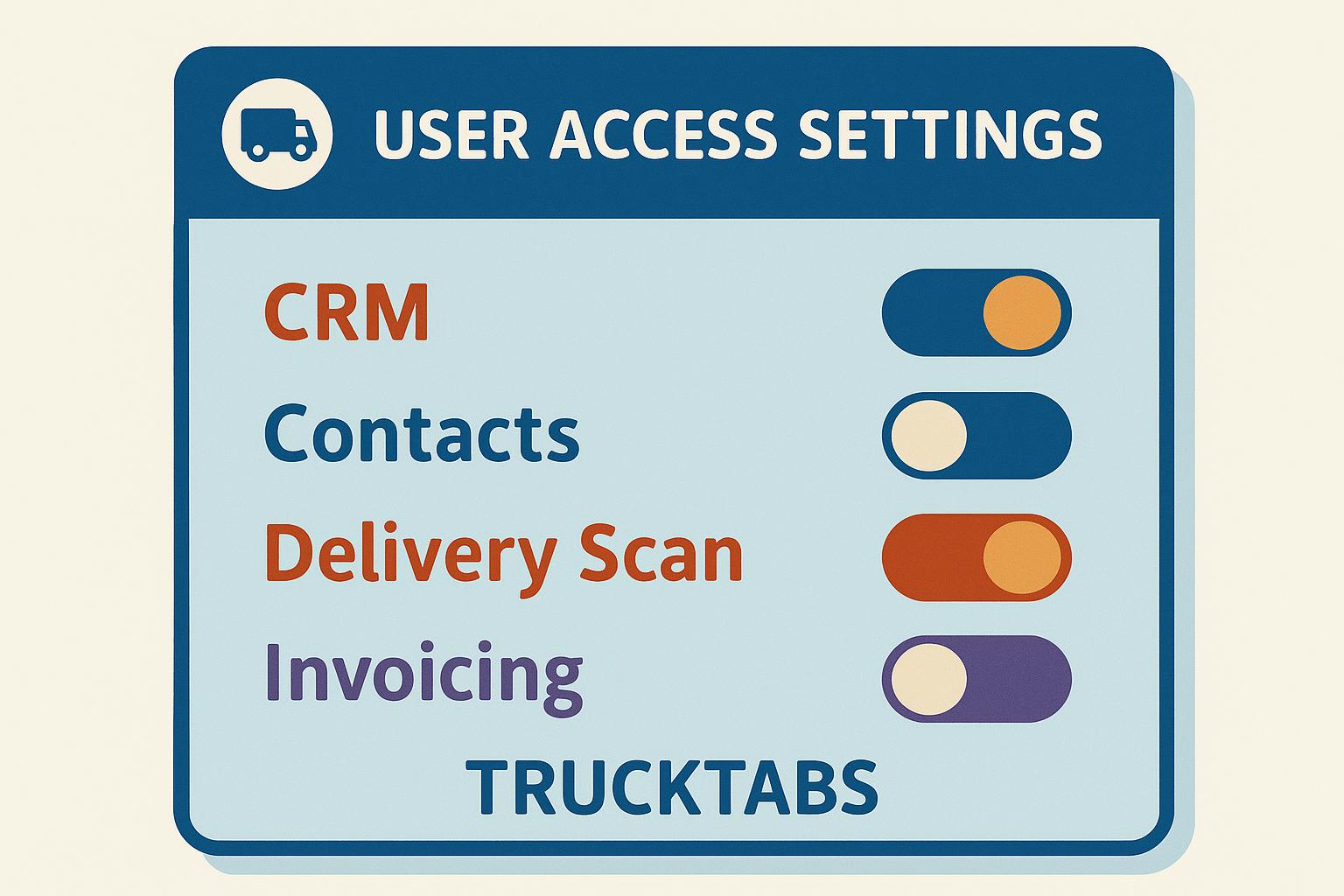Introduction
In the fast-paced world of trucking, managing assets effectively is crucial for maximizing operational efficiency and ensuring that your fleet runs smoothly. Transportation Management Systems (TMS) offer invaluable tools for dispatchers to keep track of trucks and trailers, allowing for better oversight and management of all aspects of fleet operations.
The Importance of Asset Management
Proper asset management allows trucking companies to maintain their equipment, reduce downtime, and ultimately save costs. By utilizing TMS, fleet managers can keep track of various documents, service schedules, and capacity, ensuring that every truck and trailer is in optimal condition and ready to hit the road when needed.
Visualizing Your Fleet: The Power of TMS Asset Modules
One of the standout features of TMS is its asset modules, which provide a visual representation of your fleet. Dispatchers can see the status of each truck and trailer at a glance, allowing for quick decision-making. This visualization helps in identifying which assets are available, which are in for service, and which are being under-utilized.
Uploading Maintenance Records
Keeping up with maintenance records is essential for ensuring the longevity and reliability of your fleet. TMS allows dispatchers to upload and store maintenance records easily. This not only provides a historical overview of each asset's service history but also helps in scheduling future maintenance proactively, reducing the risk of unexpected breakdowns.
Optimizing Capacity Planning
TMS also plays a key role in capacity planning. By analyzing the data regarding your fleet's assets, dispatchers can make informed decisions about load assignments and asset allocation. This optimization ensures that you are utilizing your trucks and trailers to their full potential, which ultimately leads to increased profitability.
Conclusion
Managing trucks and trailers effectively is essential for any successful trucking operation. With the help of TMS asset modules, dispatchers can gain better visibility into their fleet, maintain accurate records, and optimize capacity planning. Embracing these technologies not only enhances operational efficiency but also contributes to the overall success of your trucking business.










